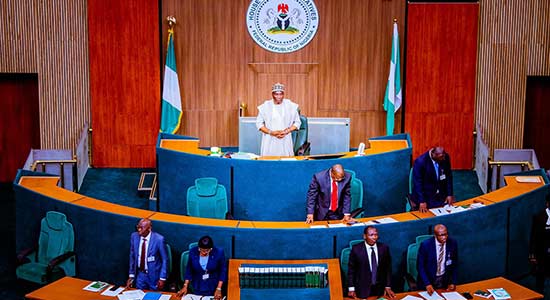In a move at overhauling Nigeria’s security framework, the House of Representatives today, passed the second reading of a bill seeking to establish state police across the country. The bill, known as the Constitution of the Federal Republic of Nigeria, 1999 (Alteration) Bill (HB. 871), is sponsored by Bashir El-Rufai, son of former Kaduna State Governor Nasir El-Rufai.
El-Rufai described the legislation as a crucial step toward security reform, emphasizing that it would empower state governments to establish and manage their own police forces. This, he noted, would allow for a more localized approach to law enforcement, tailored to address the unique security challenges faced by individual states.
The bill also proposes the renaming of the Police Service Commission to the Federal Police Service Commission, ensuring its focus remains on federal policing matters. Additionally, it seeks to create a State Police Service Commission that will oversee the operations, accountability, and best practices of the newly established state police forces.
Read also: Ex-rep member reject calls to adopt Oborevwori as APC candidate for 2027
Reacting to the bill’s progress, El-Rufai took to X (formerly Twitter), stating that its passage marks a significant milestone in strengthening Nigeria’s security architecture. He expressed confidence that granting state governments greater control over security would lead to a more effective and responsive policing system capable of addressing Nigeria’s diverse security concerns.
“By granting states greater control over their security apparatus, we can ensure a more adaptive approach to policing that meets the needs of diverse populations across Nigeria,” El-Rufai said.
He also extended his gratitude to the Leader of the House of Representatives, Rt. Hon. Julius Ihonvbere, for his unwavering support in pushing the bill forward. He reaffirmed his commitment to advocating for progressive policies and enacting legislation that will ensure the safety and security of all Nigerians.
With the bill clearing its second reading, momentum is building for what could be one of the most significant policing reforms in Nigeria’s history.






